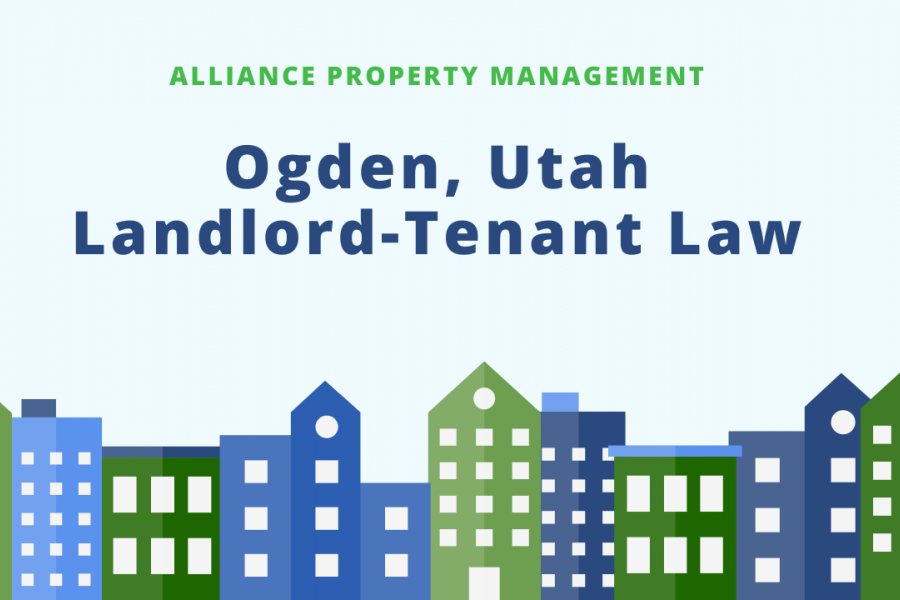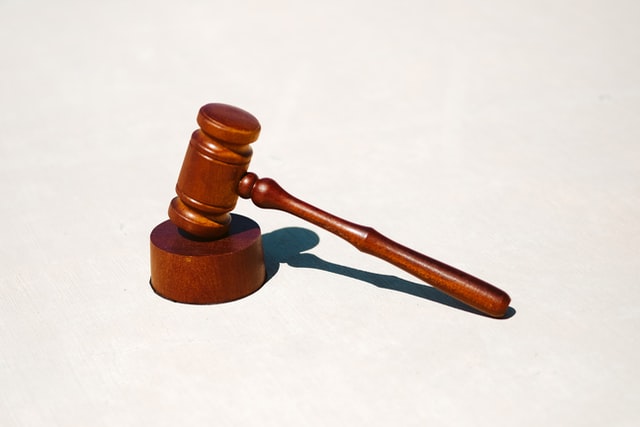
If you’re feeling in the dark over what laws you and your Utah tenants must follow, then you’ve come to the right place to learn about Utah landlord-tenant law!
As we all know, being a landlord comes with the responsibility of having legally compliant rental units once the rental agreement is signed. However, Utah landlord-tenant laws are meant to protect the rights of both landlords and their tenants when it comes to their rental unit. It’s a two-way street, and knowing each side of the legal expectations will only benefit you in the long run.
Understanding the Utah landlord-tenant laws can make all the difference between a smooth rental ownership experience vs conflicts that are quick to spiral into costly legal trouble. Make sure the rental agreement includes the specifications of all the regulations the tenant must follow.
The following is an overview of Utah’s landlord-tenant law for Utah landlords:
Required Landlord Disclosures in Utah
Under the local landlord-tenant laws, a Utah landlord is required to provide certain information about their rental properties prior to having prospective tenants sign their rental agreement. If a landlord fails to provide these disclosures, they're liable to either legal lease termination or a lawsuit. In the state of Utah, there are 4 mandatory disclosures:
- Lead-based paint. If your property was built after 1978, then you are legally required to inform renters of the presence of lead-based paint due to the health risks it poses
- Itemized list of damages. Pre-existing damages to the property must be given to renters before moving in
- Authorized agents. You must give your tenant a list of all the names and addresses associated with the ownership and management of the property
-
A hard copy of the written rental agreement. Before the lease is signed, prospective tenants have the legal right to acquire a copy of the lease

Utah Tenant Rights and Responsibilities
Under the statewide Utah law, Utah tenants have the legal right to:
- Live in a habitable property. This means a property with things like working plumbing, electrical systems, and hot/cold water
- Withhold rent if necessary repairs are not made to the property within a reasonable timeframe. They can even deduct from the rent if renters proceed with hiring a vendor themselves
- The privacy to enjoy their rental unit. In Utah, landlords must provide at least 24 hours notice before entering the property, with the exception of emergencies
The following are the legal responsibilities of renters in the state of Utah. A tenant must:
- Keep the rental unit clean and in good condition. Normal wear and tear is expected, but excessive property damage and neglect is not
- Ensure fixtures are sanitary and cleaned. Similar to the property as a whole, its fixtures must be looked after properly by tenants
- Make small repairs. While landlords are in charge of, let’s say, making sure the roof isn’t leaking, a tenant must provide maintenance for smaller things like a broken mirror. If a tenant fails to do so or a tenant refuses to fix the damages, it can be seen as damage beyond reasonable wear and tear and become liable.
- Maintain the peace of the rental property as a whole. Renters must not disturb other renters or even neighbors. That means keeping noise to a minimum and being respectful of others

Utah Landlord Rights and Responsibilities
Like tenants, landlords in Utah also have legal rights. The following are the basic landlord rights within the state:
- Collect rent on time. The signed rental agreement states when the rent is due and the exact amount. Utah landlords are entitled to on-time rent collection for the full duration of the lease. You can have a clause in the lease that says, in a case of unpaid rent, you can deduct up to a month's rent from the security deposit.
- Be reimbursed for excessive property damage. As we’ve mentioned, normal wear and tear is inevitable, but excessive property damage by neglect or misuse is solely the tenant’s responsibility. The landlord may deduct repair costs from the security deposit
- Have their tenants abide by the rental agreements. Rental agreements outline all the terms and conditions the tenant must follow. Once the lease is signed, these rules are not optional for tenants, and landlords have the right to enforce them
The following are the basic landlord duties in the state of Utah. Landlords must:
- Maintain the property. In Utah, landlords are responsible for maintaining the structure of the property, electrical outlets and wiring, heating and cooling systems, plumbing/sanitation, water, garbage removal, and the extermination of bed bugs. Repairs should be done within 10 days
- Provide notice when entering the rental property. As outlined above, 24 hours notice is required in the state of Utah unless it is an emergency
- Allow renters to change the locks. If the tenant is a victim of domestic violence or the landlord has agreed to the locks being changed, the switch must be honored. There doesn't need to be a domestic violence conviction for this to apply.
- Give equal treatment to all renters. Discrimination against the protected classes goes against the Fair Housing Act and can result in severe consequences

An Overview of the Landlord-Tenant Laws in Utah
Housing Discrimination
The Fair Housing Act serves to protect renters against discrimination. The country-wide protected classes include color, race, sex, familial status, disability, religion, and national origin. Utah, however, has additional protected classes: the source of income, gender identity, and sexual orientation.
The following are actions that are labeled as discriminatory the act:
- Refusing to rent to a tenant based on their identity as one or more of the protected classes
- Offering privileges or terms to certain tenants and not others
- Advertising a rental with a clear indication of the type of tenant the landlord wants or doesn’t want (ex: “great for a Christian family” or “no immigrants”)
Security Deposits
Under Utah law, there is no limit to the amount a landlord can ask for in terms of security deposits. Landlords may deduct from security deposits in the case of excessive property damage or if tenants fail to pay rent. They also must give written notice of having received the deposit.
Should the lease agreement end and the tenant chose not to renew, they are entitled to the return of their security deposit within 30 days of ending their written lease agreement. If the landlord refuses to return all or part of the security deposit for unfounded reasons, then legal issues will occur.
Should the court rule in the tenant’s favor, withholding the security deposit results in its full return, plus a $100 civil penalty and the coverage of all damages and court costs.

Small Claims Court
This court in Utah covers claims of up to $100,000. 6 years is the statute of limitations for all contracts, including failure to pay rent. It’s also important to note that they don't handle evictions.
Bottom Line: Utah Landlord-Tenant Law
There you have it, a guide to Utah’s landlord-tenant law! By familiarizing yourself with the rules and regulations listed above, you’ll be better prepared to face a wide variety of situations you may come across as a landlord.
If you have any questions relating to landlord-tenant laws or feel like you could use help in managing your property, contact the experts at Alliance Property Management today! We’d be happy to speak to you about our services.
Disclaimer: This blog should not be used as a substitute for legal advice from a licensed attorney in your state. Laws frequently change, and this post might not be updated at the time of your reading. Please contact us for any questions you have in regards to this content or any other aspect of managing your property.
